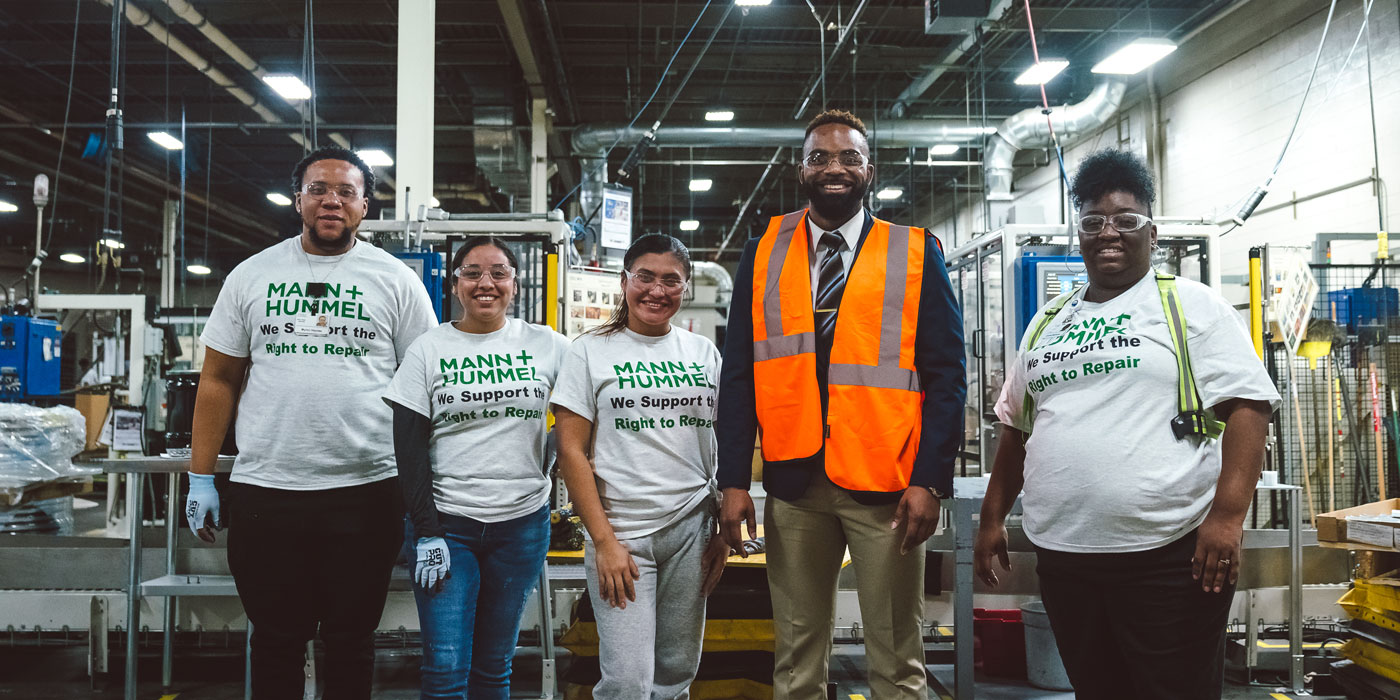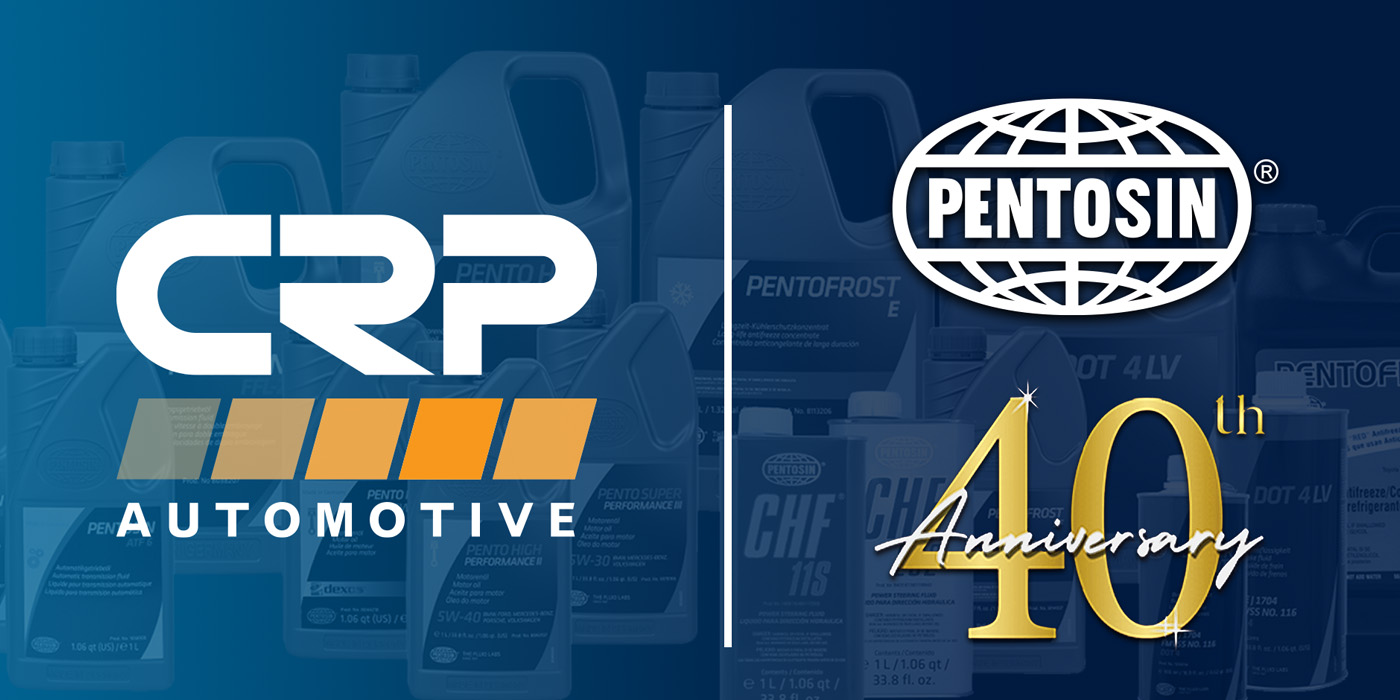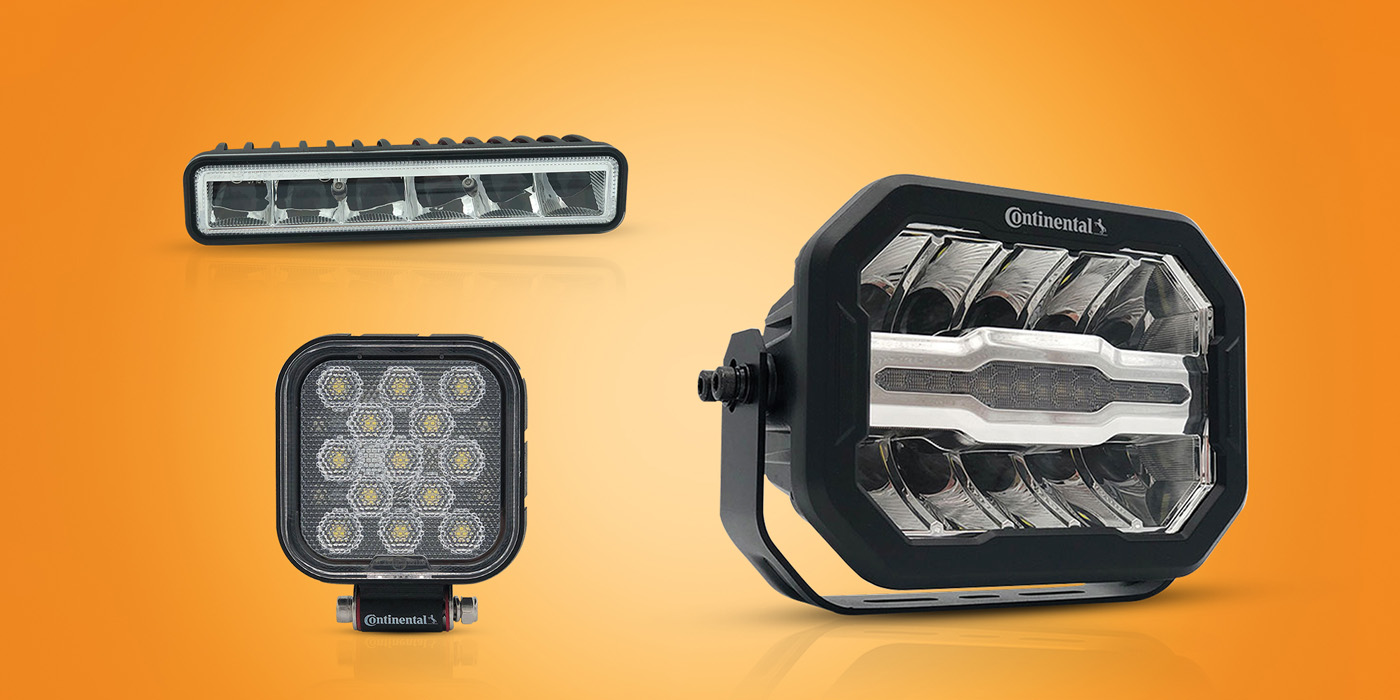Continental announced it was awarded the highest grade for the fourth time in a row as a global leader in reducing emissions in the supply chain (“Supplier Engagement Rating”) by international non-profit Carbon Disclosure Project (CPD).
This makes Continental one of the 8% of companies evaluated who were awarded the highest grade for supplier commitment to climate change.
Continental says it was recognized for its holistic approach of working closely with its suppliers in Automotive, Tires, and ContiTech group sectors to achieve comprehensive improvements by involving as many stages of the supply chain as possible.
“We look at the entire value chain of our products, from material sourcing to recycling. This is the only way we can achieve truly sustainable supply chains that conserve resources and support important climate protection goals at the same time,” says Claus Petschick, head of Sustainability at Continental Tires. “Continental’s goal is to achieve fully sustainable supply chains by 2050 at the latest. Innovative technologies and digitalization are the primary tools we use to make environmental risks transparent and to reduce these risks within our complex supply chain.”
Sustainable and Renewable Raw Materials in Tire Production
The use of sustainable raw materials for tire construction has long been a high priority at Continental, the company says. For example, Continental and its partners are intensively researching the industrialization of the Russian dandelion (Taraxacum koksaghyz) for the extraction of natural rubber, a project known as Taraxagum. In the future, the aim is to be able to grow part of the natural rubber required for production close to the company’s own plants in order to reduce CO2 emissions caused by long transport routes and to conserve valuable resources.
The use of sustainable raw materials also includes the use of recycled polyester from recycled plastic bottles, which Continental is currently introducing into the series production of its tires, as well as the use of silicate from the ash of rice husks, an agricultural waste product, Continental explains. Plant-based oils and resins also reduce the proportion of crude oil-based materials already today. Continental’s goal is to successively use 100 percent sustainably produced materials in its tire products by 2050 at the latest.
Continental says it is also ensuring sustainability of its natural rubber sourcing. Since 2018, Continental has collaborated with German development organization GIZ to promote a digital system for the traceability of natural rubber. Small farmers involved in the project in Borneo, Indonesia, are able to increase quantities, quality, and yields through learning sustainable cultivation, thereby improving their incomes. A cultivation strategy based on sustainability also prevents logging and deforestation, conserving valuable resources. The pilot project in 2018 began with 450 farmers, and is now expected to grow to 4,000 by 2024, Continental says.













